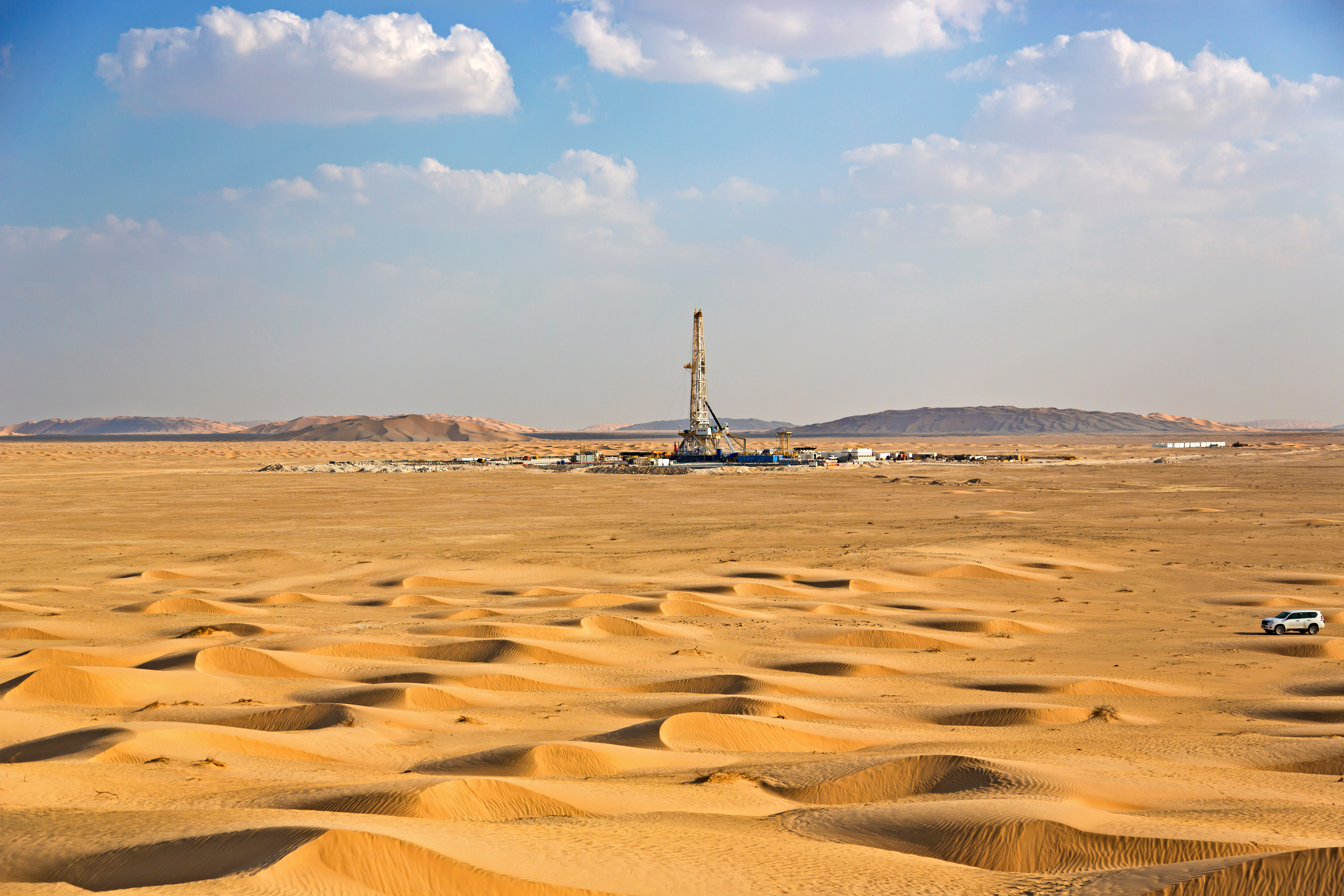Main missions
The Planning Engineer is responsible for creating and overseeing operational planning for oil and gas projects. This involves designing precise plans for operations, coordinating necessary resources, managing production schedules, handling risks, and ensuring compliance with safety and environmental standards. They must ensure efficient execution of activities while meeting project goals.
Job activities
- Strategic Planning: Develop detailed plans for drilling, production, and field development operations.
- Resource Coordination: Ensure proper coordination and allocation of resources such as manpower, equipment, and materials.
- Production Schedule Management: Develop, manage, and optimize production schedules to meet project objectives and timelines.
- Risk Analysis: Identify, evaluate, and mitigate potential risks associated with operational activities.
- Performance Optimization: Analyze operational data to identify possible improvements and propose solutions for optimal performance.
- Communication and Collaboration: Ensure clear and effective communication among multidisciplinary teams for successful plan implementation.
- Supervision and Adjustment: Supervise plan execution and adjust strategies if necessary to meet project requirements.
- Regulatory Compliance: Ensure compliance with safety, environmental, and regulatory standards.
Required skills
A Planning Engineer in the oil and gas sector must have the following skills:
- Excellent planning and project management skills.
- In-depth knowledge of oil and gas processes and technologies.
- Ability to analyze data and make decisions based on thorough analysis.
- Effective communication and teamwork skills.
- Capability to manage priorities and adapt quickly to changes.
Other Engineering & Design Jobs
-

System Engineer – Wind Energy Jobs
The system engineer in the field of renewable energies is responsible for designing, developing, and optimizing energy systems integrating renewable energy sources such as wind, solar, or hydroelectricity, with the aim of maximizing their performance, reliability, and efficiency.
-

Civil Engineer Onshore/Offshore – Wind Energy Jobs
A Civil Engineer Onshore/Offshore in the field of wind energy is tasked with designing, supervising, and coordinating civil engineering works for wind projects, both onshore and offshore, ensuring the stability, durability, and safety of the infrastructure.
-

Procurement Manager – Nuclear Energy Jobs
In the field of nuclear energy, the Procurement Manager holds a strategic position, ensuring the efficient management of procurement of goods and services crucial for nuclear projects and operations. Their mission goes beyond simply acquiring supplies; they must ensure that each purchase adheres to the most stringent safety and quality standards while meeting deadlines and budgets.
-

Procurement Engineer – Nuclear Energy Jobs
The Procurement Engineer in the field of nuclear energy is responsible for managing the procurement process for equipment, materials, and services required for nuclear power plants, ensuring timely delivery, cost-effectiveness, and compliance with quality standards.
-

Civil Engineer – Nuclear Energy Jobs
The Civil Engineer in nuclear energy sector is responsible for designing, supervising, and managing the infrastructure and structures necessary for the construction and operation of nuclear power plants, respecting safety standards, quality and regulations in force.
-

Crane Operator – Nuclear Energy Jobs
The Crane Operator in the nuclear energy sector is responsible for handling and moving heavy and bulky loads on construction and maintenance sites of nuclear power plants. He/She operates cranes in a safe and efficient manner, following the strict safety and quality procedures specific to the nuclear sector.
-

Electrical Engineer – Nuclear Energy Jobs
The Electrical Engineer in the nuclear energy sector is responsible for designing, maintaining, and ensuring the reliability of electrical systems and equipment in nuclear power plants. He/She plays a crucial role in ensuring the safe and efficient operation of the plant's electrical infrastructure.
-

Logistics Manager – Nuclear Energy Jobs
A Logistics Manager in the nuclear energy sector is responsible for overseeing the efficient and safe movement of materials, equipment, and personnel. They ensure that all logistical operations align with regulatory standards and support the operational needs of nuclear facilities.
-

Mechanical Engineer – Nuclear Energy Jobs
A Mechanical Engineer in the nuclear energy sector is responsible for designing, analyzing, and maintaining mechanical systems and components used in nuclear power plants. This role ensures the reliability, efficiency, and safety of mechanical operations, adhering to regulatory standards and contributing to the smooth operation of nuclear facilities.







